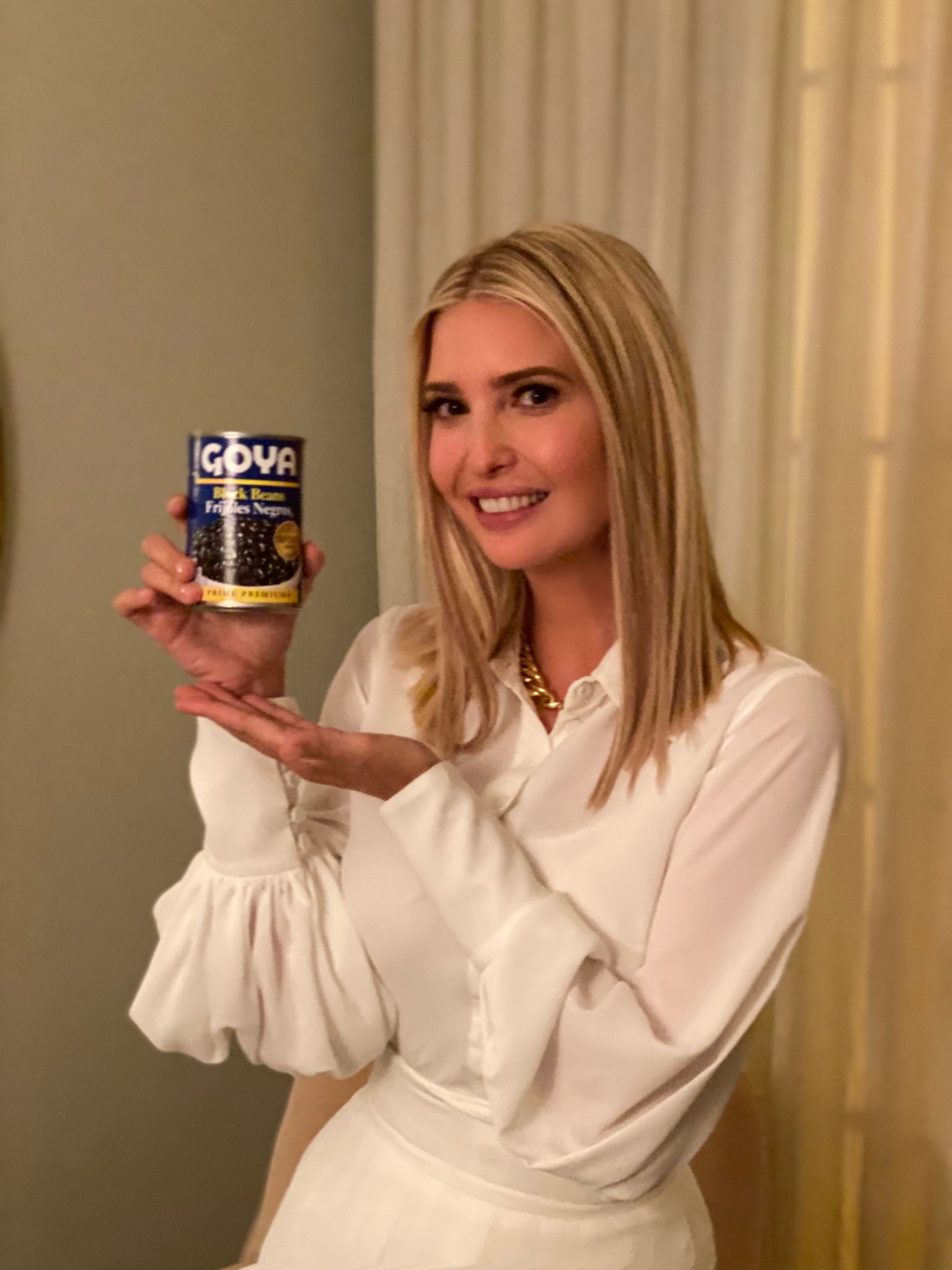Kelsey Reichmann
Courthouse News Service
Originally published 27 April 23
The final straw for ethics experts wondering if the leader of one of the nation’s most powerful bodies would uphold the institutionalist views associated with his image came on Tuesday as Chief Justice John Roberts declined to testify before Congress about ethical concerns at the Supreme Court.
“You can't actually have checks and balances if one branch is so powerful that the other branches cannot, in fact, engage in their constitutionally mandated role to provide a check on inappropriate or illegal behavior,” Caroline Fredrickson, a distinguished visitor from practice at Georgetown Law, said in a phone interview. “Then we have a defective system.”
Roberts cited concerns about separation of powers as the basis for declining to testify before the Senate Judiciary Committee on the court’s ethical standards — or lack thereof. Fredrickson said it was a canard that a system based on checks and balances would not be able to do just that.
“It sort of puts the question to the entire structure of separation of powers and checks and balances,” Fredrickson said.
For the past several weeks, one of the associate justices has been at the heart of controversy. After blockbuster reporting revealed that Republican megadonor Harlan Crow has footed the bill for decades of luxury vacations enjoyed by Justice Clarence Thomas, the revelations brought scrutiny on the disclosure laws that bind the justices and it called into question why the justices are not bound by ethics standards like the rest of the judiciary and other branches of government.
“For it to function, it relies on the public trust, and the trust of the other institutions to abide by the court's findings,” Virginia Canter, chief ethics counsel at Citizens for Responsibility and Ethics in Washington, said in a phone call. “If the court and its members are willing to live without any standards, then I think that ultimately the whole process and the institution start to unravel.”
Many court watchers saw opportunity for action here on a call that has been made for years: the adoption of an ethics code.
“The idea that the Supreme Court would continue to operate without one, it's just ridiculous,” Gabe Roth, executive director of Fix the Court, said in a phone call.
Along with his letter declining to testify before Congress on the court’s ethics, Roberts included a statement listing principles and practices the court “subscribes” to. The statement was signed by all nine justices.
For ethics experts raising alarm bells on this subject, a restatement of guidelines that the justices are already supposed to follow did not meet the moment.
“It's just a random — in my view at least — conglomeration of paragraphs that rehash things you already knew, but, yeah, good for him for getting all nine justices on board with something that already exists,” Roth said.














